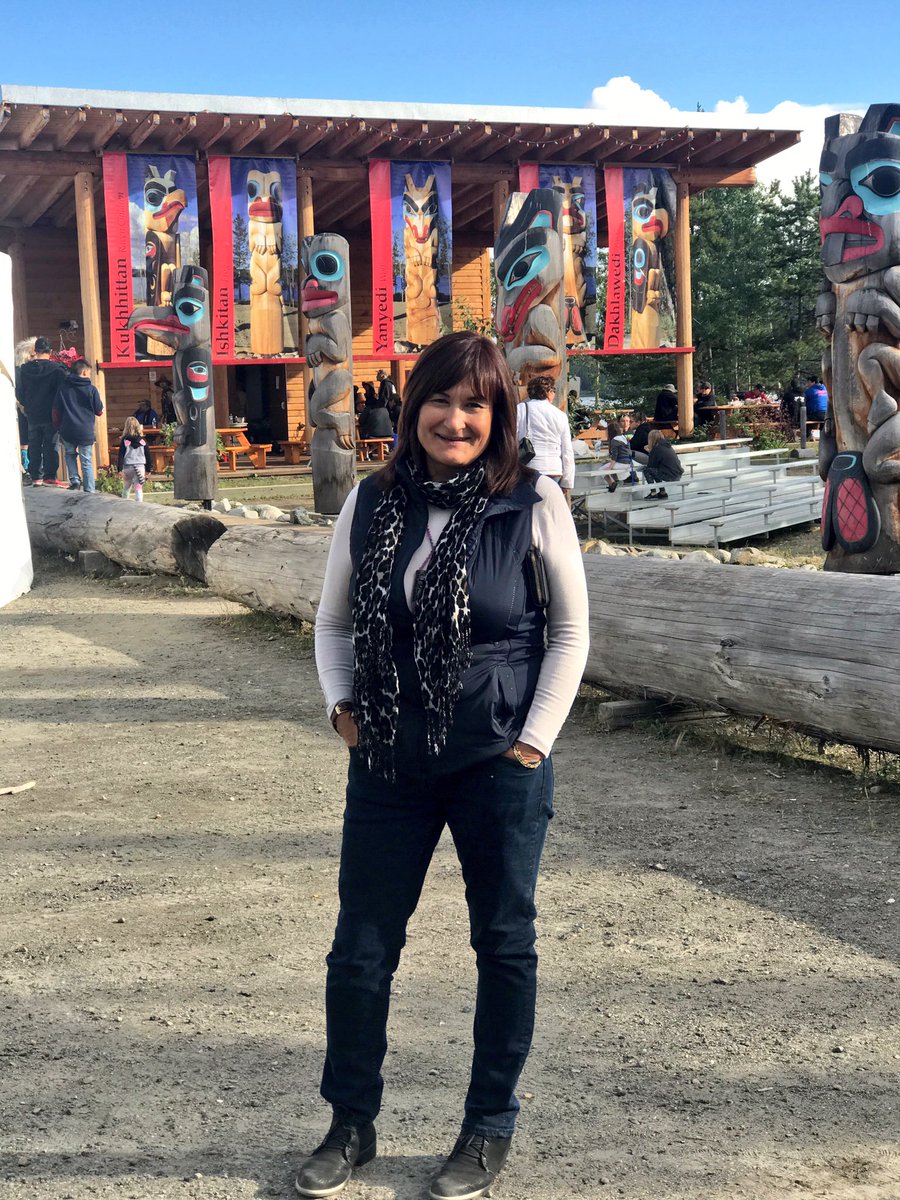Canada News
Yukon’s recreational pot rules to focus on protecting youth: minister

Any new legislation will need to focus on protecting youth from the negative effects of consuming marijuana, said Yukon’s Health and Social Services Minister Pauline Frost. (Photo: Pauline Frost/Twitter)
WHITEHORSE — Yukon’s government says it wants regulations for recreational marijuana to focus on minimizing health impacts for young people in the territory.
The government released a summary of draft legislation ahead of Ottawa’s plans for legalization this summer and the proposed rules include setting the age for consumption at 19, the same limit set by several other provinces.
Any new legislation will need to focus on protecting youth from the negative effects of consuming marijuana, said Yukon’s Health and Social Services Minister Pauline Frost.
“As recreational cannabis becomes legal here in the Yukon, one of our goals is to have people understand the very real health impacts cannabis can have on our young people, including a potential effect on brain development,” she said at a news conference Thursday.
The proposed regulations would require anyone with recreational pot to ensure it stays out of the hands of kids, and would prohibit marijuana from being consumed on the streets, in public parks, or in daycares, pre-schools or other licensed child-care sites, even when kids aren’t present.
The proposed rules would also ban alcohol and marijuana from being sold in the same stores, and would allow four cannabis plants to be grown per household.
“Our government’s cautious approach to the legalization of recreational cannabis is based on current best evidence and public health advice,” Frost said, adding that changes will be considered as new research becomes available.
The territory’s liquor corporation would be tasked with the distributing, and marijuana would be sold through both private and public stores, if the regulations are passed.
Plans are in the works to set up a public store in Whitehorse, but regulations for private shops are still being developed.
The liquor corporation will also run online sales of marijuana, which Justice Minister Tracy-Anne McPhee said will provide access to people outside of the territory’s capital until private stores can be established.
People receiving the pot will have to verify their identity and age to keep young people from accessing the product, she added.
McPhee said a similar system has been used for mail-order alcohol in Ontario.
“It’s been quite effective there in terms of servicing communities while making sure that the person ordering it is legally entitled to have it,” she said.
McPhee said the government is looking for feedback on the proposals over the next 30 days and it anticipates having legislation ready to be voted on at the beginning of the next legislative session in March.





















